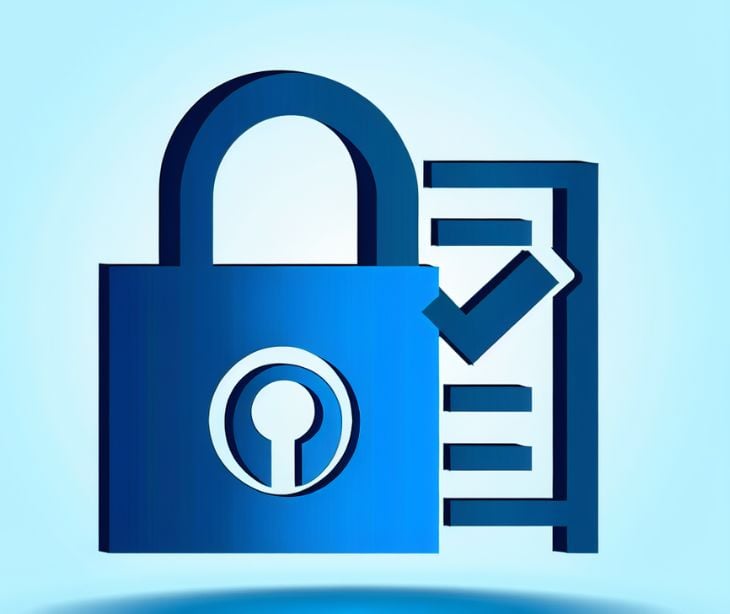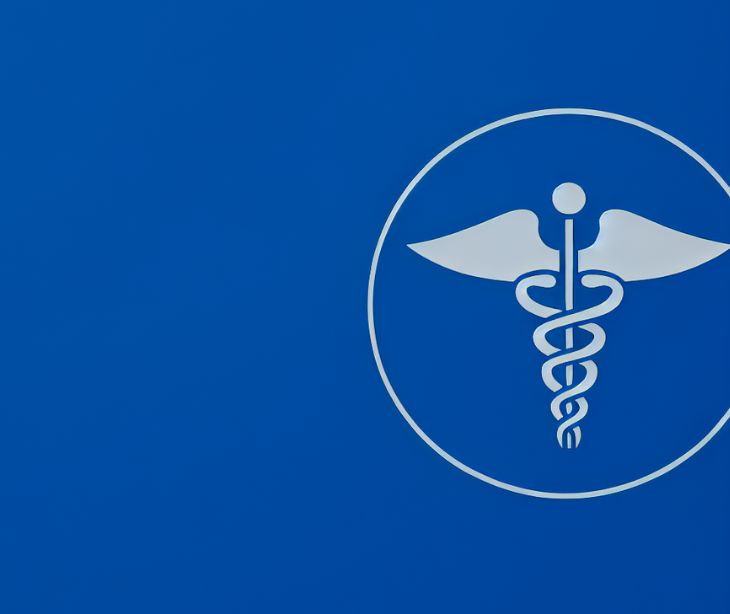
The HHS states, “To improve the efficiency and effectiveness of the health care system, the Health Insurance Portability and Accountability Act of 1996 (HIPAA), Public Law 104-191, included Administrative Simplification provisions that required HHS to adopt national standards for electronic health care transactions and code sets, unique health identifiers, and security.”
Simply put, HIPAA was enacted to reform the health insurance industry and reduce fraud in healthcare transactions. HIPAA requires covered entities and business associates to comply with its administrative simplification regulations, which include standards and implementation specifications for the protection of individually identifiable health information.
The foundation of HIPAA compliance
The administrative simplification regulations, a component of HIPAA, encompass various rules and provisions that covered entities and business associates must comply with. These include the general provisions, procedures for enforcement, standards for electronic healthcare transactions, and privacy, security, and breach notification rules.
Furthermore, navigating HIPAA compliance requires a basic understanding of its two pivotal rules: the privacy rule and the security rule. Both covered entities and their business associates must adhere to these rules. The privacy rule safeguards patients' personal health information, ensuring it is handled with confidentiality and integrity. Conversely, the security rule is dedicated to maintaining the security of electronic protected health information (ePHI), establishing protocols to shield it from breaches.
Related: Understanding and implementing HIPAA rules
Who does HIPAA apply to?
The HHS states, “Individuals, organizations, and agencies that meet the definition of a covered entity under HIPAA must comply with the Rules' requirements to protect the privacy and security of health information and must provide individuals with certain rights with respect to their health information.”
HIPAA applies to certain entities known as covered entities, which include health plans, healthcare clearinghouses, and healthcare providers that conduct or outsource transactions for which a standard exists. Additionally, HIPAA applies to business associates, which are third-party individuals or organizations that provide services involving the creation, receipt, storage, or transmission of protected health information (PHI) on behalf of covered entities. However, HIPAA does not apply directly to auto insurance companies providing secondary health benefits, healthcare providers billing patients directly, publicly funded schools, or employers in their role as employers.
What does HIPAA protect?
HIPAA protects individually identifiable health information, also known as PHI, that is related to a patient's health condition, treatment, or payment for treatment. Any information that could be used to identify a patient is protected by HIPAA when it is maintained in the same designated record set as health, treatment, or payment information. However, information like a patient's name and cellphone number may not be protected if they are maintained in a separate database that does not contain health, treatment, or payment information.
Responsibilities for HIPAA compliance
Covered entities are required to designate a privacy official responsible for developing and implementing policies and procedures to meet the requirements of the privacy and breach notification rules. Additionally, covered entities and business associates must identify a security official responsible for developing and implementing policies and procedures to meet the requirements of the security rule. These roles can be outsourced or combined into a single HIPAA compliance role. Covered entities and business associates may already have compliance roles for other regulations, and HIPAA requirements can overlap with other compliance obligations.
Read more: Do you need a dedicated HIPAA compliance officer?
HIPAA compliance for workforce members
Members of a covered entity's or business associate's workforce are not directly required to comply with HIPAA. Instead, covered entities are responsible for providing HIPAA training to their workforce members on the relevant policies. Workforce members must comply with their organization's policies and procedures, and security awareness training should be provided to ensure compliance with security measures. However, there is an exception to this, as members of the workforce can be held accountable for the wrongful disclosure of PHI under certain circumstances.
Read more: How to train healthcare staff on HIPAA compliance
Why HIPAA compliance is required in healthcare communication
Healthcare organizations handle sensitive patient data, such as medical records and payment histories, which could be misused if accessed by unauthorized individuals. HIPAA's privacy and security rules require administrative, physical, and technical measures when handling PHI, such as encryption for electronic communication and limited access to only those who require it.
Learn more: HIPAA Compliant Email: The Definitive Guide
FAQs
Does HIPAA apply to all healthcare providers?
Yes, HIPAA applies to covered entities, which include healthcare providers, health plans, and healthcare clearinghouses. These entities are directly responsible for complying with HIPAA regulations.
Do I need patient consent to share protected health information (PHI) with other entities?
In most cases, covered entities can share PHI without patient consent for treatment, payment, and healthcare operations. However, there are exceptions and limitations, and reviewing the specific requirements outlined in the Privacy Rule is necessary.
What tools can I use to ensure HIPAA compliance?
There are various tools available to assist with HIPAA compliance, including HIPAA compliance software, secure email solutions, encryption technologies, and training programs. Choose tools that align with your organization's specific needs and requirements.
Subscribe to Paubox Weekly
Every Friday we bring you the most important news from Paubox. Our aim is to make you smarter, faster.




